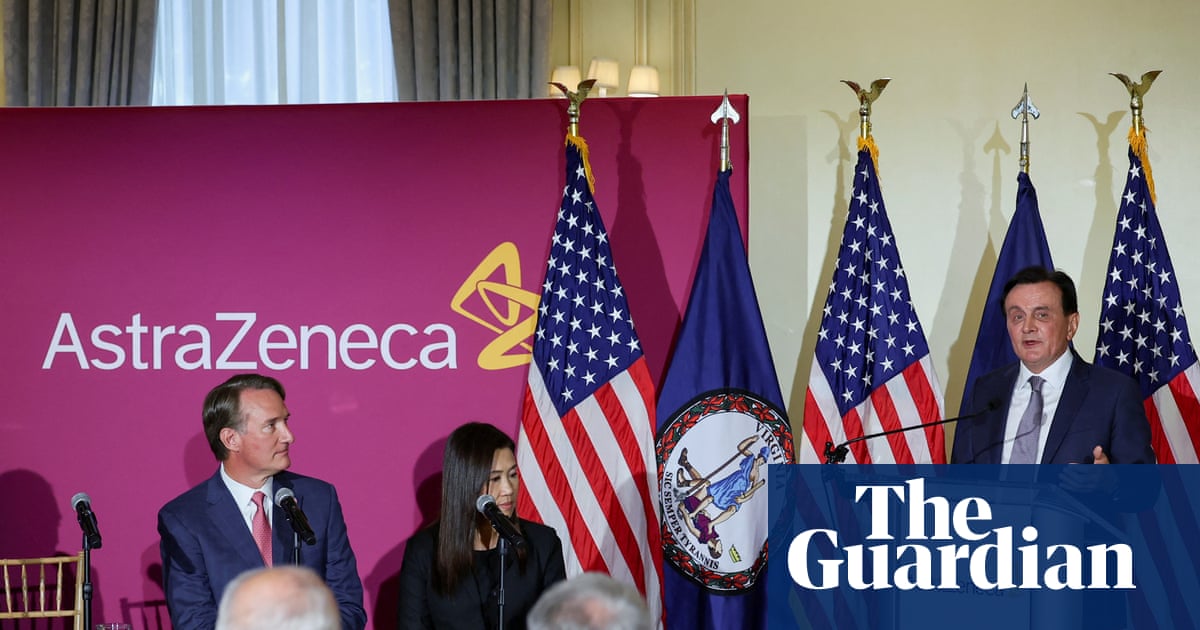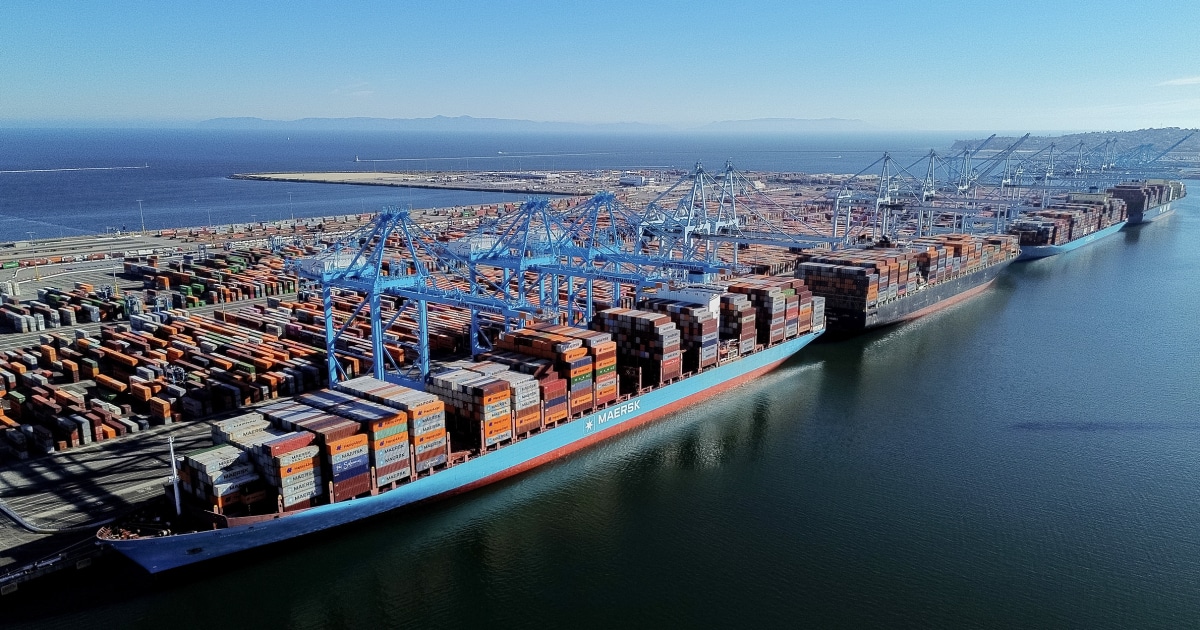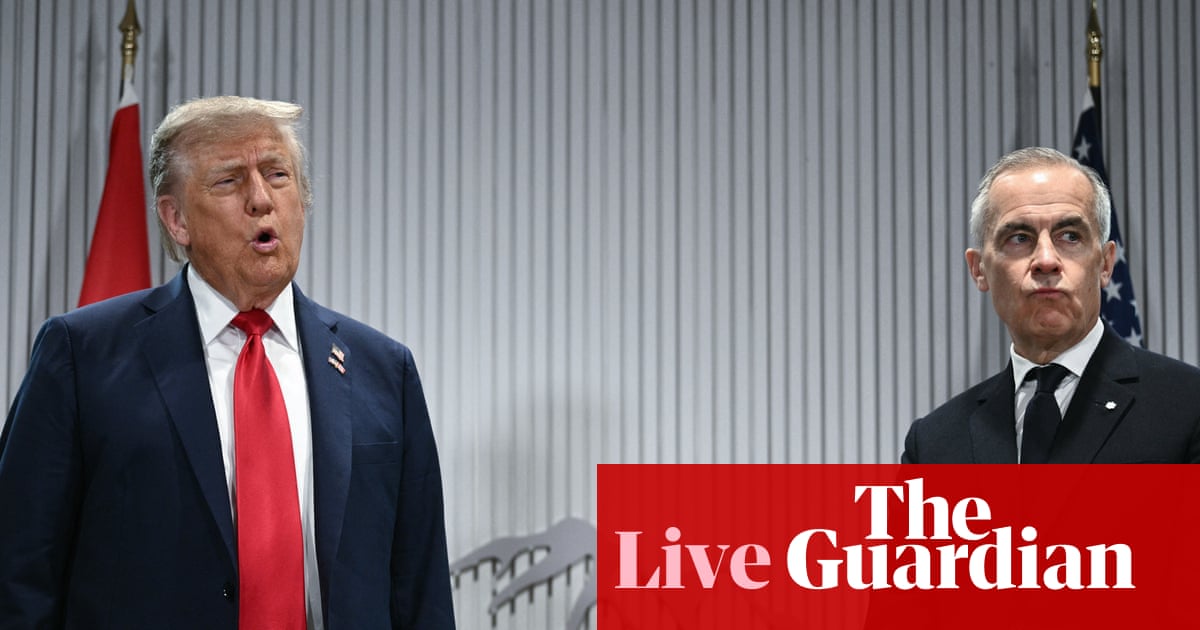T4K3.news
Trump announces new tariffs on pharmaceuticals and other imports
President Trump plans to implement tariffs on pharmaceuticals this month, impacting a large percentage of imports.

President Trump's tariffs are presenting national security and economic challenges.
Trump's tariff strategy faces scrutiny
President Trump is rolling out new tariffs that cover a wide range of imports. His recent focus includes pharmaceutical tariffs, with plans to impose a low rate first, increasing it later to cover 30% of imports under existing regulations. The strategy divides into two main categories: IEEPA tariffs, which cover 70% of imports, and Section 232 tariffs, typically used for national security concerns. Experts are questioning the effectiveness of this approach, arguing that it may not achieve its intended goals and could hurt relationships with allies. A recent court ruling declared the country-by-country tariffs illegal, complicating Trump's strategy further.
Key Takeaways
"I think his use of it could be fairly characterized as revolutionary in his first term."
This highlights the unprecedented approach of using tariffs under Section 232.
"The argument that tariffs can create a healthy industry has some pretty serious flaws."
This critique reflects expert skepticism about the effectiveness of tariffs.
"If we can agree that de-risking from China is a national priority, we should engage our allies."
This underscores the potential negative impact of tariffs on international cooperation.
"The current environment sees tariffs as a hammer and every problem as a nail."
This statement reflects criticism of the broad application of tariffs by the administration.
Trump's tariff strategy illustrates a complex relationship between trade policy and national security. While the administration argues for a stronger domestic manufacturing base, experts caution against using tariffs as a blanket solution. Critics note that such measures could strain ties with allies who are key to strengthening U.S. economic interests globally. The challenge lies in balancing protectionist measures while fostering international cooperation in trade.
Highlights
- Tariffs are a hammer for every economic nail in sight.
- The real challenge is how we use tariffs in trade relations.
- Domestic manufacturing is essential but needs more than tariffs.
- We should build stronger relationships with our allies.
Concerns over Trump administration's tariff strategy
Trump's approach to tariffs raises issues regarding national security and economic relationships, leading to potential backlash from international allies.
The implications of these tariffs will continue to spark debate among policymakers and economists.
Enjoyed this? Let your friends know!
Related News

New 39% tariff on Swiss luxury imports proposed

Trump administration to announce semiconductor import investigation results

AstraZeneca invests $50 billion in US by 2030

Trump reveals trade agreement with South Korea
Countries react to Trump's new tariffs
Trump's new tariffs lead to mixed global reactions

Trump sets new global tariff rates

Trump imposes new tariffs on Switzerland
